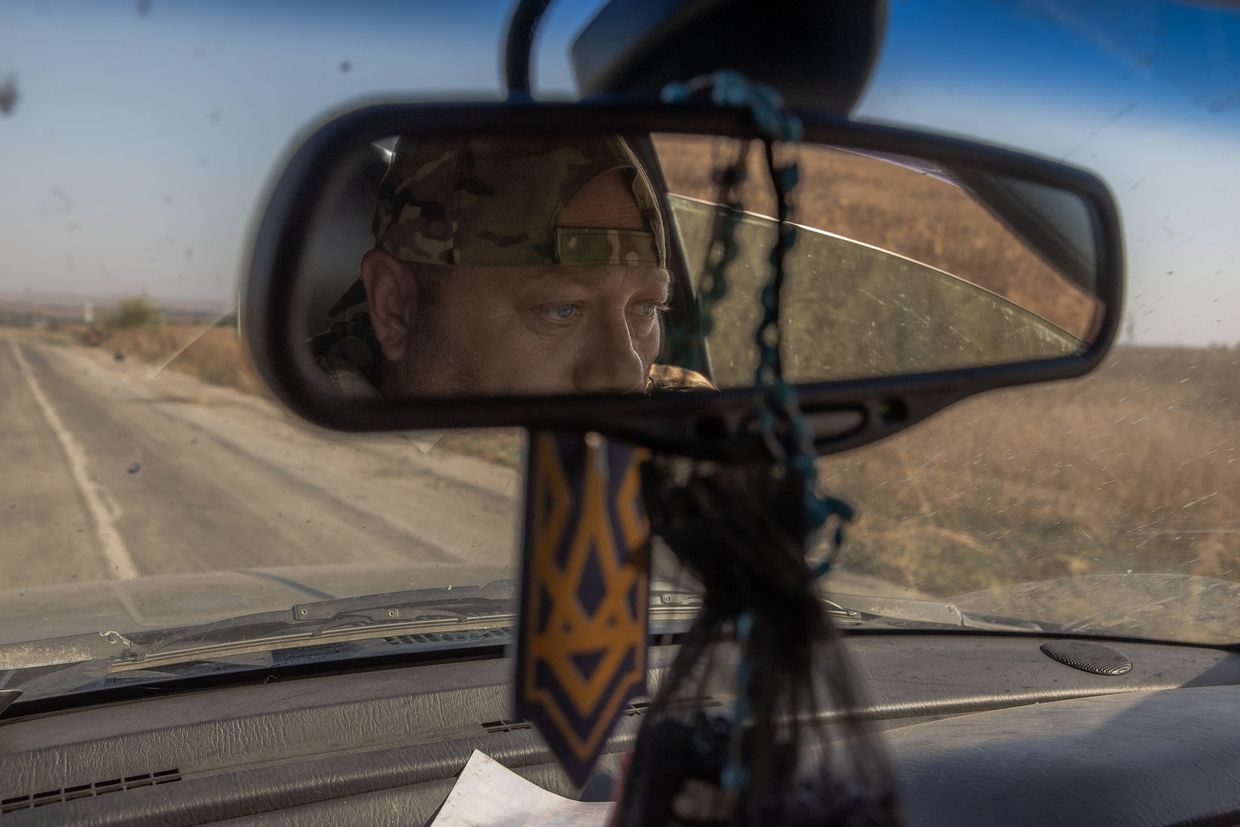US expects Hungary to stop buying Russian oil and gas; Orban to meet Trump to discuss sanctions

Editor's note: The story was updated with additional details.
Washington expects Hungary, Slovakia, and Turkey to develop a plan for weaning themselves off Russian energy imports, U.S. Ambassador to NATO Matt Whitaker said in an interview with Fox News, published on Oct. 27.
Hungarian Prime Minister Viktor Orban, an ideological ally of U.S. President Donald Trump, has resisted pressure to cease purchasing Russian oil and gas.
After the Trump administration imposed new sanctions last week targeting Russia's energy giants Lukoil and Rosneft, Orban said his country would seek ways to "circumvent" the measures.
"Hungary, unlike many of its neighbors, has not made any plans or any active steps" toward weaning itself off Russian energy supplies, Whitaker said. He added that Washington will continue working with Budapest and partners that could help Hungary find alternative routes for energy imports, such as Croatia.
Orban, widely seen as the most Kremlin-friendly leader within the EU and NATO, has long faced criticism for not seeking to reduce reliance on Russian imports, despite the full-scale invasion of Ukraine ongoing for almost four years.
The issue has become a rare point of friction in the otherwise warm relationship between Orban and Trump, as the U.S. president has called on all NATO allies to stop buying Russian energy to push Moscow toward genuine peace negotiations.
Orban is expected to meet Trump in Washington in the second half of next week to discuss the sanctions, Peter Szijjarto, Hungary's foreign minister, told journalists on Oct. 27.
Orban told the Italian newspaper la Repubblica he would be seeking a "way out" for Hungary during his meeting with Trump, noting that Budapest views the sanctions as a mistake.
Last month, Szijjarto said that he understands Trump's approach but refused the halt of the purchases, citing his country's energy security and the lack of infrastructure for alternative supplies.
Hungary and Slovakia are the last two EU countries still buying Russian oil via the Druzhba pipeline and remain major importers of Russian gas. Turkey is the third largest importer of Russian fossil fuels globally as of summer 2025, after China and India.
Oil and gas sales account for roughly 30-50% of Russian budget revenue and 20% of its GDP, playing a key role in sustaining Moscow's war effort in Ukraine.












